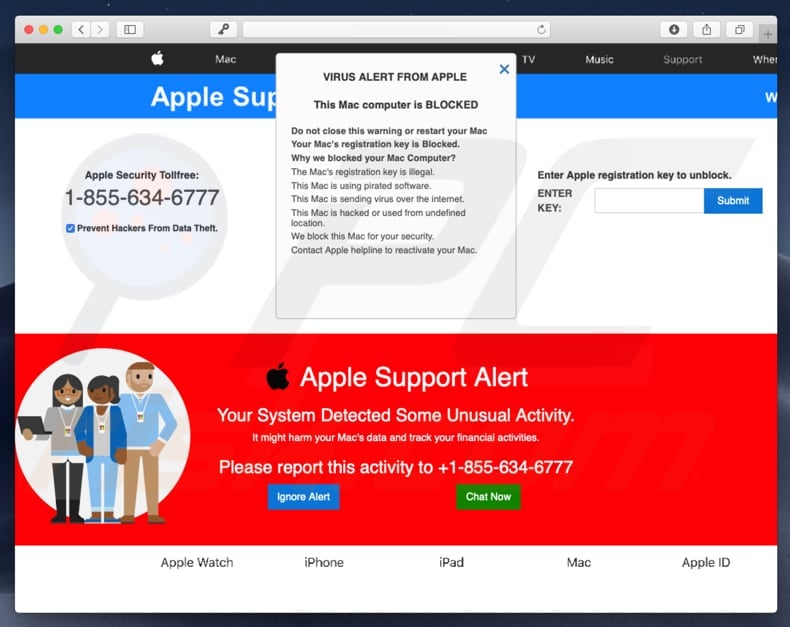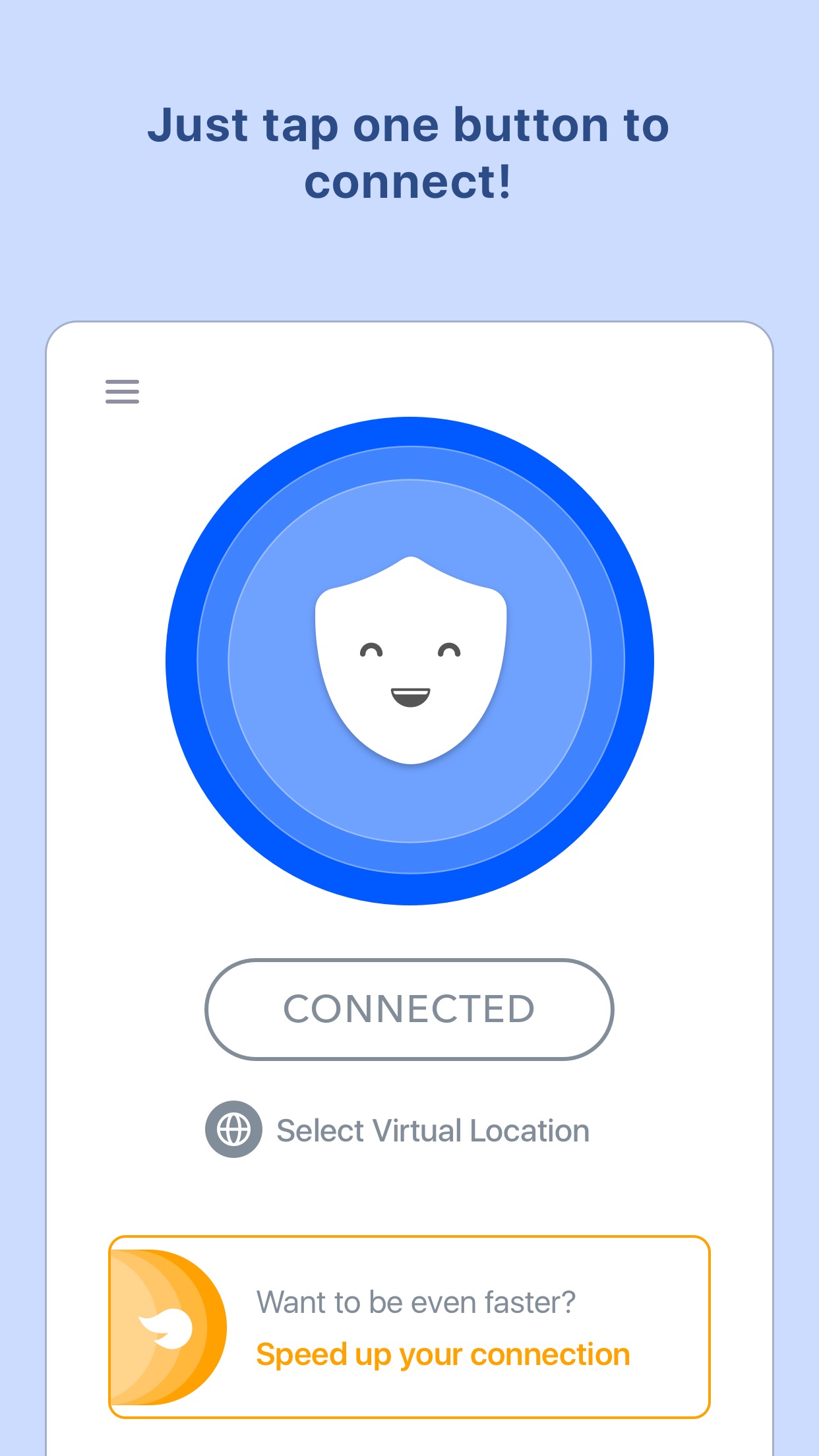Ad Blocker Detected
Our website is made possible by displaying online advertisements to our visitors. Please consider supporting us by disabling your ad blocker.
If you’re thinking hackers did not hack your computer machine because you’re a small fly nobody wants to hack you. That’s your biggest mistake hackers always try to increase IP database through hacking computer.
When hackers, hack any website or server they generally do it by opening that particular site to millions of IP address and hence the server in cash. So you’ve to check if you’re being targeted by the hacker or if on your mac there is any backdoor from which you’re monitored.
Apr 14, 2017 I wish this would be a joke. While I was working on my MacBook with a clean install of Mac OS Sierra, suddenly my speaker were playing static noise. I could here someone clicking with a mouse. Aug 15, 2017 10 EASY Ways to Know if Your Computer is Being HACKED Submit your Top 10 Ideas Here: Tweet me if you use my code! G2A.COM Cash Back w/.
If you questioning your self “How to tell If your mac has been remotely accessed” by hackers. If you’ve felt your computer has been hacked you can easily check it and prevent using simple tools and software such as installing anti-virus on your Mac.
The answer is simple, there some ways from which you can easily determine your computer is hacked.
Must Watch This Video To Know Why Your Mac Has Been Hack
1 # Can I Tell If My Mac Has Been Hacked
To determine if your mac has been already hacked by hackers you have to know if things. First of all, you've to spot some sign of possible hacking.
You'll have to consider whether anything out of the usual is happening on your notebook. You know how your computer runs better than anyone else. If you've noticed anything usual after starting your MacBook. The weird sign includes.
- When you try to open any file but it won't open.
- Any Program automatically starts without running it.
- You cannot access any file or program protected by password setup by you.
- When you're not using your computer but still sometimes its connect to the internet automatically.
- File contents have been changed but your not who change them
- Your Printer not working but all look fine.
- The wired warring message shows up on the screen.
- Go online and check your online account passwords.
There are lots of signs from which you can easily detect your computer is hacked by somebody or there is a backdoor on your computer which remotely accessed by the hacker.
2 # Go online to check your Online Accounts through Private Browser
When you try to login into your online account such as Email Account you see a password failure. If you're feeling you're already hacked then, in this case, check your online account using a private browser. Because private browsing is safe and secure.
You can also notice if your network connection is redirected to another IP address or computer. Lots of small hackers try to hack network to enjoy free internet but they can also remotely control your computer.
When you're browsing through the web browser you may also see an extra browser open up automatically without doing anything. If you own a domain for your website or blog you can access it after getting hacked.
How To See If Someone Hacked Your Mac Video
3 # Anti-Virus Stop Working When Mac Computer Has Been Hacked

In Mac, if you already installed an anti-virus then this the best thing you've done to secure notebook. To find out if your mac address has been hacked. You can easily check it out by scanning your Mac.
Usually, Mac users have to scan its system regularly to know if check anything usual such as the trojan virus. Trojan Virus is the virus created by hackers these viri contain backdoor or the spirits and command lines to open hidden gateways on your computer.
If you notice lots of trojan virus on your computer on the regular scan it is also a sign that your mac has been hacked.
4 # Check All Accounts Created By You on Mac Using Command Line
How To See If Someone Hacked Your Mac Youtube
If you're thinking how would I know if my mac has been hacked into. Have you notice someone has seen your information and conversation on your computer. According to hackers, it is easier to hack mac in comparison to PC.

There are lots of mac terminal hack commands with the help of which hackers entered into your computer. But you can also use a command line to determine whether your Mac has been used without your authorization.
Step 1:
Login into your Mac OS notebook using for the regular account
How To See If Someone Hacked Your Mac Free
Step 2:
Click on Applications > Utilities > Terminal
Step 3:
In Terminal (Command Prompt). Enter this command line 'sudo -l'.
Step 4:
Press Enter and then type account password and again press Enter.
Step 5:
Again in Terminal type following command line to open up the complete list of all accounts created on your Mac.
dscl . list /users
Step 6:
Press the 'Enter' button
Now you can easily check a complete list of account on your Mac OS computer. Check whether any account is created on Mac without your permission. If your mac is hacked there are additional accounts created by hackers.
Step 7:
In this last step, check whether an account is misused by any hacker. Type gave the following command line on Terminal
last
Hit 'Enter' now you can see each account on Mac last login date and time. Check out if there is an account which recently login without your permission.
Signs your Apple ID has been compromised
Your Apple ID might be compromised if you receive an account notification from Apple for a change you didn't make, or if you notice account details or changes you don’t recognize. For example:
- You receive an email or notification that your Apple ID was used to sign in to a device you don't recognize or did not sign in to recently (for example, 'Your Apple ID was used to sign in to iCloud on a Windows PC').
- You receive a confirmation email from Apple that your Apple ID password was changed or your account information was updated, but you don’t remember making any changes.
- Your device was locked or placed in Lost Mode by someone other than you.
- You see messages you didn't send, or items you didn’t delete.
- You see charges or notices for purchases that you didn't make. Learn what to do if you see an unfamiliar iTunes Store or App Store charge on your credit or debit card statement.
- Your password no longer works, or it might have been changed or locked.
- You don't recognize some or all of your account details.
If you received an email, text message, or phone call that you're not sure is valid or you think might be phishing, here are some tips to help determine its legitimacy.
Gain control of your Apple ID
If you think your Apple ID is compromised, use these steps to gain control of it and review your account information:
- Sign in to your Apple ID account page. If you can't sign in or you receive a message that the account is locked when you try to sign in, try to reset or unlock your account.
- Change your Apple ID password and choose a strong password.
- Review all the personal and security information in your account. Update any information that isn't correct or that you don’t recognize, including:
- Your name.
- Your primary Apple ID email address.* If you need to change your email address, update the features and services that you use with Apple ID, so that each one is using your updated Apple ID.
- All alternate email addresses, rescue email addresses, and phone numbers.
- The devices that are associated with your Apple ID, if you've already set up two-factor authentication.
- Security questions and answers. If you think they might be easy to guess, you should change your security questions.
- Check with your email address* provider to make sure that you control every email address associated with your Apple ID. If you don't control the email addresses associated with the Apple ID, you should change the password for the email address or use a different email address.
- Set up two-factor authentication for your Apple ID. This additional security feature is designed to prevent anyone from accessing your account, even if they know your password.
* In China mainland and India, you can use your phone number as your Apple ID.
If you completed the steps above and think your account might still be compromised, contact Apple Support.
Know which Apple ID is signed in to your device
If you're signed in on your device with an Apple ID that you don't recognize, use these steps to sign out, then back in with a different Apple ID. To make sure that you're signed in to Apple IDs that only you control or trust, you can check the following settings on each of your devices:
iPhone, iPad, or iPod touch:
- Settings > [your name]
- Settings > [your name] > iTunes & App Store
- Settings > Messages > Send & Receive
- Settings > FaceTime
Mac:
- System Preferences > Apple ID
- System Preferences > Internet Accounts
- Messages > Preferences > Accounts
- Facetime > Preferences > Settings
- Mail > Preferences > Accounts
- Calendar > Preferences > Accounts
You should also check iCloud for Windows, your AirPort Time Capsule or other AirPort Base Station, and your Apple TV (for iCloud Photos or Home Sharing).
Make sure your Apple ID is secure
Because you use your Apple ID for so many Apple products and services, you should make sure that your Apple ID is as secure as possible. You should be the only person who knows your password and can sign in with your Apple ID. If someone you don’t know or don’t trust can sign in with your Apple ID, your account is not secure.
Your Apple ID might not be secure for the following reasons:
- Someone else created an Apple ID on your behalf, or you’re using an Apple ID that was already signed in when you received your device.
- You’re sharing an Apple ID with family or friends. Your Apple ID is your personal account. If you want to share purchases with a family member, use Family Sharing. With Family Sharing, you can share a calendar, photos, reminders, and more without sharing your Apple ID.
- You don’t recognize the Apple ID that is signed in on your device.
- You shared your password with someone else intentionally or unintentionally. For example, someone else selected your password for you, you told someone your password, or you entered your password on a phishing site.
- You don't have control of the email address or phone number associated with your Apple ID.
- Your password is weak or is compromised.
- You share your devices with someone else, your devices are not protected by a passcode, or your passcode is easy to guess.
If any of the above are true, you should reset your password as soon as possible and review your account information.